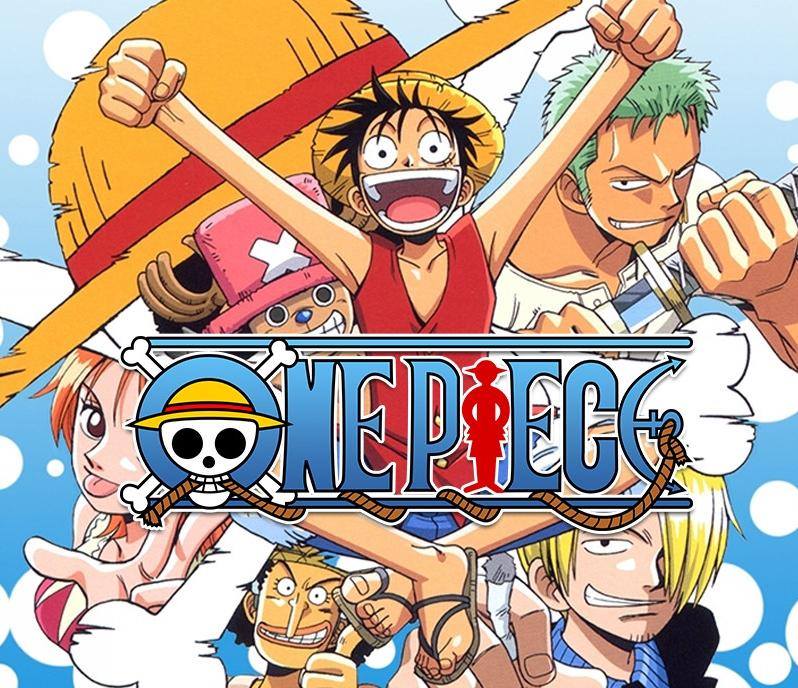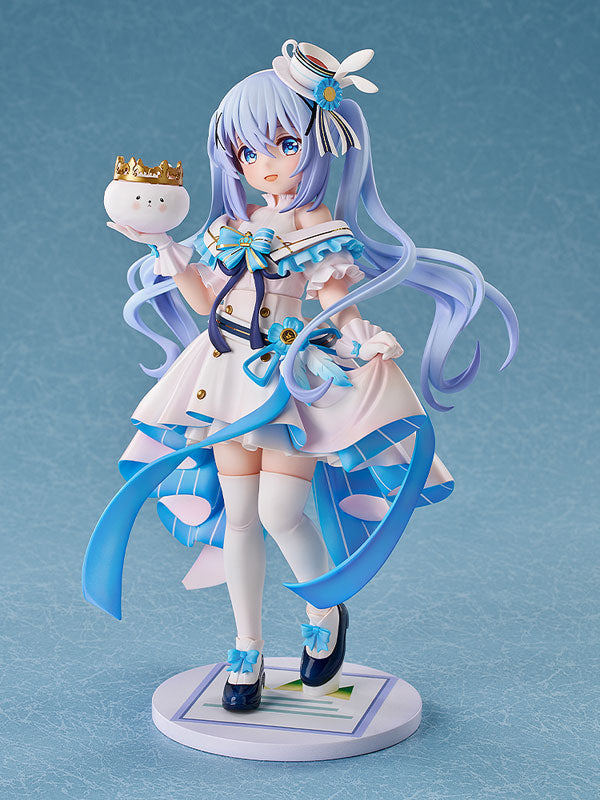One Piece: Here's Why Sanji Calls Nami "Nami-san"!
One Piece: Here's Why Sanji Calls Nami "Nami-san"!

The relationship between Nami and Sanji is both complex and interesting. We've discussed whether the two were in love or not, and while this article will also discuss their relationship, we won't revisit that question. In this article, we'll actually explain why Sanji calls Nami "Nami-san" in One Piece—a term of endearment he doesn't use with the other female crew members. Oda explained it himself, so read on to find out the answer.
Officially, Eiichiro Oda responded that there was no particular reason why Sanji addressed Nami as "Nami-san," while at the same time addressing Nico Robin as "Robin-chan." He said it might have something to do with him wanting to show respect by treating Nami as more mature and referring to Robin as younger, but there is no real reason behind it. Oda simply decided so, and he used it without any hidden ulterior motive.
The rest of this article will explain one aspect of Nami and Sanji's relationship. As we said, it's a very interesting dynamic because the two are quite specific as a pair and are – as a result – often shipped together. And even though a relationship seems unlikely, they are very close friends and care deeply for each other, which is why this question is more than relevant. And this is what inspired our article and why we decided to write it. The number of spoilers won't be too many, but be careful regarding certain parts of the article.
Oda revealed the reason why Sanji keeps calling Nami "Nami-san."
Nami and Sanji's relationship is very, very specific. Sanji and Nami have been part of Luffy's crew for a long time, making them very good friends. In fact, both were part of the original crew, which also consisted of Luffy, Zoro, and Usopp; this was before Nico Robin and Tony Chopper joined the crew.
But even though they're close and care for each other, Nami only sees Sanji as a friend. On the other hand, Sanji flirts with Nami, but Sanji flirts with all attractive women. Therefore, this isn't a valid counterargument to those who claim they're close and Sanji flirts with her.
There's been a lot of talk about Nami and Sanji being a potential couple, but it doesn't seem likely from our perspective, though it's not completely impossible. Sanji, as things stand, is considered a friend by Nami; they're close, but there doesn't seem to be anything romantic about their relationship.
In fact, Nami often makes good use of Sanji's teasing by making him do things for her or in her place, which speaks volumes about the nature of their relationship. Yet, she respects and cares for him as a friend, which can be said of all the Straw Hats and their interpersonal relationships.
But Sanji treats Nami differently in the series, and he respects her more than the other female characters, despite being a true gentleman to all of them (yes, yes, despite his constant flirting). He has taken care of Nami and done a lot to make her feel good over the years, helping her on several occasions and also protecting her.
But there's one other specific thing about them: the way Sanji refers to Nami. Namely, he uses the expression "Nami-san," which is often used in formal and polite situations, especially toward older people; on the other hand, he calls Nico Robin "Robin-chan," which is usually informal and is used for younger girls. Nico Robin is older than Nami, while Nami is quite young in the series. So, why does Sanji use "-san" for Nami and "-chan" for Nico Robin? Shouldn't it be different? Well, it's a good thing we're reading the SBS sections, because Volume 80 revealed Oda's official answer to this question:
D: Oda-Sensei, after I started watching One Piece, I was thinking about it all the time, but why does Sanji address Nami as "San" and Robin as "Chan"? Yet Robin is the eldest!! Is there a deeper meaning behind this!? Miracle PN♪
O: Well, actually, I didn't think anything of it. Before, a staff member at our workplace asked us something interesting. The wish to treat a woman older than you as if she were younger, and a woman younger than you as if she were more adult... Is Sanji aware of that feeling? I replied, "Oh, of course. That's true."
– One Piece , SBS Volume 80
So there you have it. Eiichiro Oda, when he decided that Nami would be called "-san" and Robin "-chan," had absolutely nothing in mind. It just happened, and he later explained it by saying that it wasn't that unusual, as he personally knew a man who wanted to talk to younger women as if they were older and to older women as if they were younger.
It was a sign of respect, as it made younger women feel more mature and older women feel younger. It wasn't his reason, but he used it to explain that it wasn't so strange.
In any case, "-san" and "-chan" are actually terms of affection for him and a way to show how much he loves and respects his two teammates. And that's the whole story.
Also, before we wrap up, we'd like to address an interesting issue that keeps popping up online but is actually a mistake. Namely, many fans online claim that Sanji also uses "Nami-Swan" alongside "Nami-san" or even exclusively "Nami-Swan." However, the Japanese language doesn't have the word "swan" in its vocabulary, and the animal in question is called ハクチョウ (Hakuchou), written in kanji as 白鳥, which literally means "white bird" when translated. Thus, unlike some animals (for example, the beaver is called ビーバー, or Biibaa), the swan has an authentic Japanese name, so the word "swan" isn't actually present in the language.
Now, Sanji's pronunciation of the work "-san" can sometimes sound like "swan" and there have been translations and subtitles where the word "swan" was sometimes used, but we don't really think Oda intended it to be like that, meaning it could probably be a translation issue.
Of course, if Sanji actually used the phrase "Nami-Swan" on occasion, it was mostly when he wanted to do something particularly nice for her or when he needed a favor. So, yes, in that respect, it serves the same purpose as "-san," but we just wanted to clarify this for you since the internet is full of different interpretations.








